EU's Borrell says possibility of JCPOA revival shrinking but 'extra effort' can still lead to agreement
The European Union’s top diplomat says despite the diminishing prospect of reviving the 2015 deal, "extra effort" by all the parties involved can still lead to an agreement to salvage the accord.
"The possibility to strike a deal and return to #JCPOA is shrinking. But we still can do it with an extra effort," the European Union foreign policy chief Josep Borrell said in a post on his Twitter on Saturday, referring to the deal, officially known as the Joint Comprehensive Plan of Action.
Spoke again to @Amirabdolahian.
— Josep Borrell Fontelles (@JosepBorrellF) June 4, 2022
The possibility to strike a deal and return to #JCPOA is shrinking. But we still can do it with an extra effort.
As coordinator, I stand ready any time to facilitate a solution to the latest outstanding issues.
Borrell said he had spoken again with Iranian Foreign Minister Hossein Amir-Abdollahian after his telephone conversation with the top Iranian diplomat on the JCPOA developments on Friday.
The top EU diplomat added that as coordinator, he stands "ready any time to facilitate a solution to the latest outstanding issues."
Amir-Abdollahian on Friday told Borrell that the International Atomic Energy Agency (IAEA)’s chief Rafael Grossi's visit to Israel ahead of the Monday meeting of the IAEA Board of Governors went against the agency’s principles of observing impartiality and maintaining its technical and professional status.
Israel, believed to be the sole possessor of nukes in the Middle East, has been a staunch opponent of Iran's peaceful nuclear program and made every possible effort to kill the JCPOA. The regime has welcomed Washington's pullout from the 2015 deal which put the future of the deal in limbo. It has also carried out acts of sabotage against Iranian nuclear sites and even killed Iranian nuclear scientists.
Amir-Abdollahian added that Iran was resolute on achieving a “good, strong and endurable” agreement with the five remaining parties to the JCPOA on the deal's revival and the removal of sanctions against Tehran.
The top Iranian diplomat also rebuked the recent move by the United States and the three European signatories to the JCPOA to prepare a resolution urging Tehran to cooperate with the UN nuclear watchdog, saying it was a “hasty and unconstructive” behavior that contravenes diplomacy and would further complicate the Vienna talks.
The US, France, Britain, and Germany are pushing the Board of Governors to rebuke Iran for failing to answer key questions on the so-called uranium traces, shifting the blame on Tehran as they have failed to honor their commitments.
The IAEA board “calls upon Iran to act on an urgent basis to fulfill its legal obligations and take up immediately the [IAEA] director general’s offer of further engagement to clarify and resolve all outstanding safeguards issues,” said a draft text sent to IAEA member states and seen by Reuters on Wednesday.
The Monday meeting will come as a pause in the marathon negotiations to revive the 2015 Iran deal has entered its third month, with prospects described by Washington as “tenuous at best.” Tehran blames the US and its three European allies – France, Britain, and Germany – for failing to act constructively.
Anti-Iran resolution at Board of Governors meeting to make JCPOA revival elusive: Russia
Head of the Russian negotiating team Mikhail Ulyanov on Saturday warned against the adverse consequences of the adoption of an anti-Iran resolution during the next week meeting of the IAEA Board of Governors, urging the EU to take further "diplomatic efforts" instead of preparing a resolution to help reach a final agreement on the JCPOA revival.
If next week the #IAEA BoG adopts the Western resolution on #Iran, the prospects of successful completion of the #ViennaTalks and restoration of #JCPOA will become more elusive. If #EU wants to reach an agreement, it should (instead of a res.) undertake extra diplomatic efforts. https://t.co/ZgOjkV8BCW
— Mikhail Ulyanov (@Amb_Ulyanov) June 4, 2022
" If next week the #IAEA BoG adopts the Western resolution on #Iran, the prospects of successful completion of the #ViennaTalks and restoration of #JCPOA will become more elusive," Ulyanov, who serves as Russia’s Permanent Representative to International Organizations in Vienna, said in a tweet.
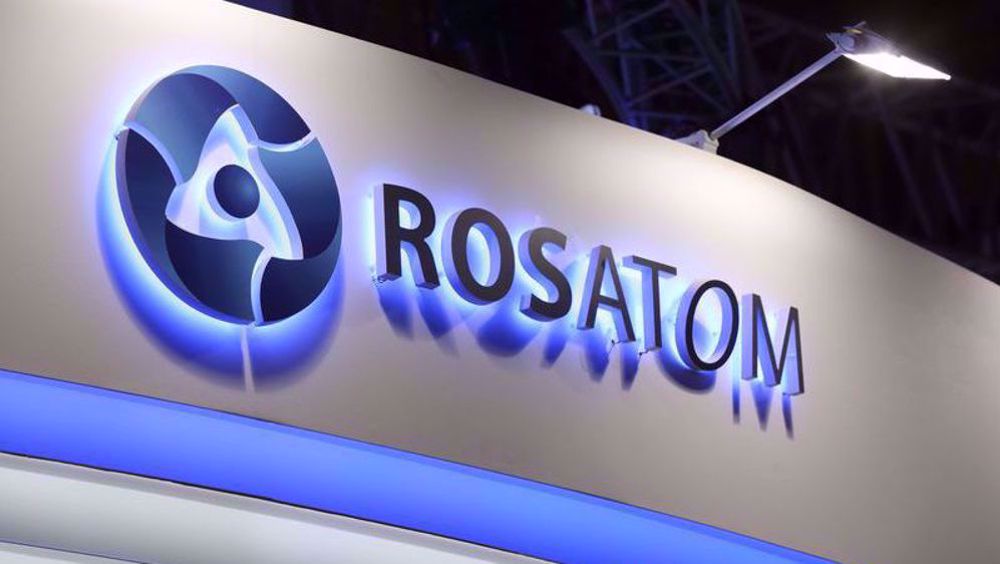
Russia’s Rosatom in ‘large-scale’ talks with Iran to build another power plant: CEO
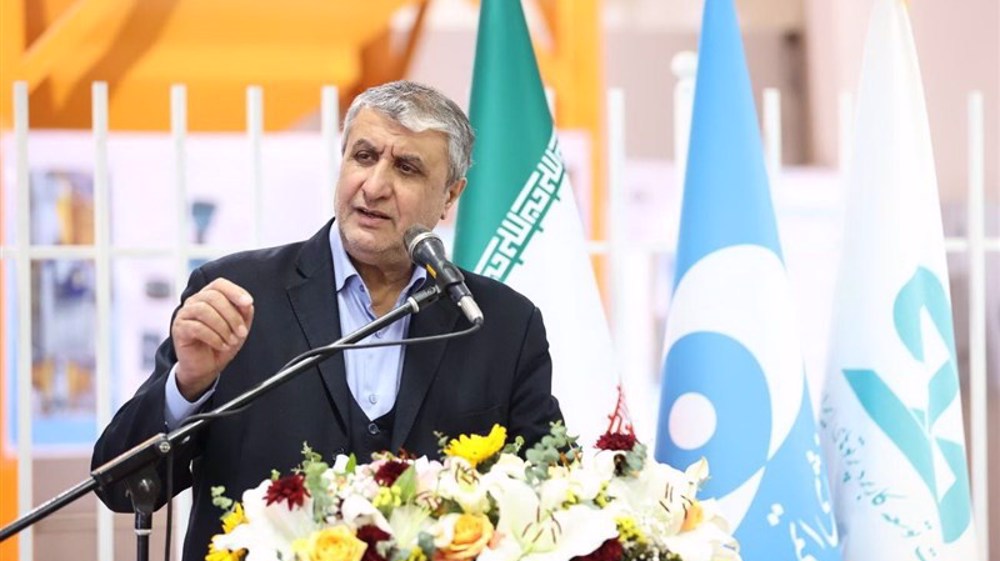
Official: Iran mastering construction of nuclear power plants
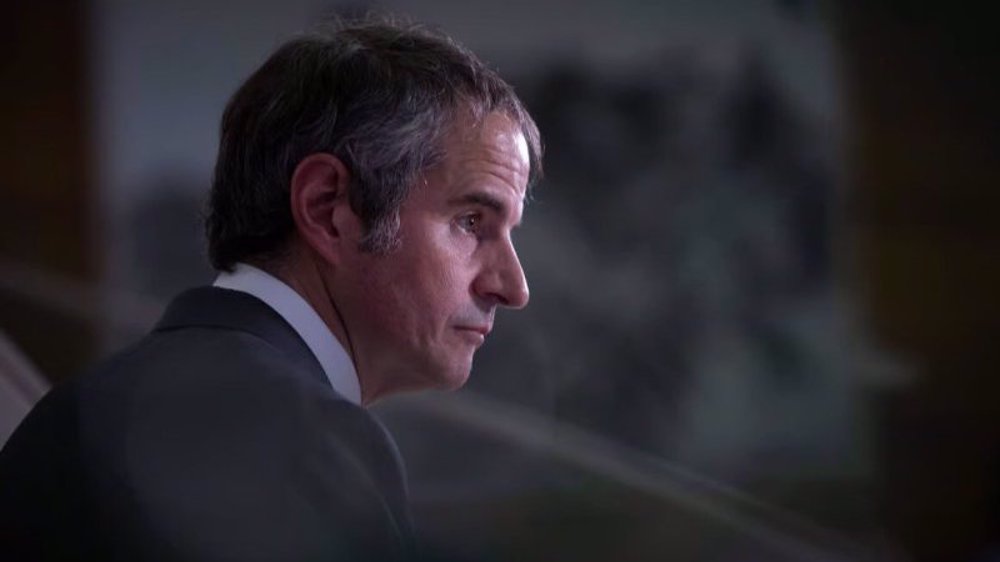
Iran raps Grossi's 'political' remarks serving pretext to pressure Tehran
Israel’s massacres won’t grant it ‘legitimacy’: Hamas on 31st anniversary of Ibrahimi Mosque tragedy
French leader decries ‘unprecedented diplomatic scandal’ after Israel bars European MPs
VIDEO | Washington’s failed projects
VIDEO | Islamabad exhibition exposes Israeli atrocities in Gaza
Trump rescinds arms sales regulation in favor of Israel, sources say
Iran’s president vows to accelerate cooperation with Russia
Palestinian says Israeli jailers poured acid on him during interrogation
Iran, Turkmenistan seek increased cargo transit via railways


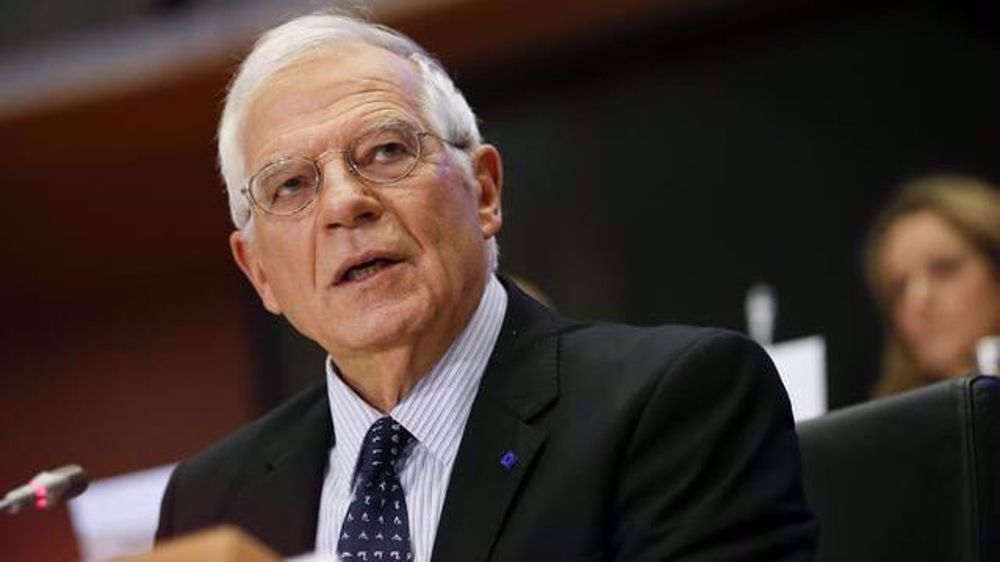
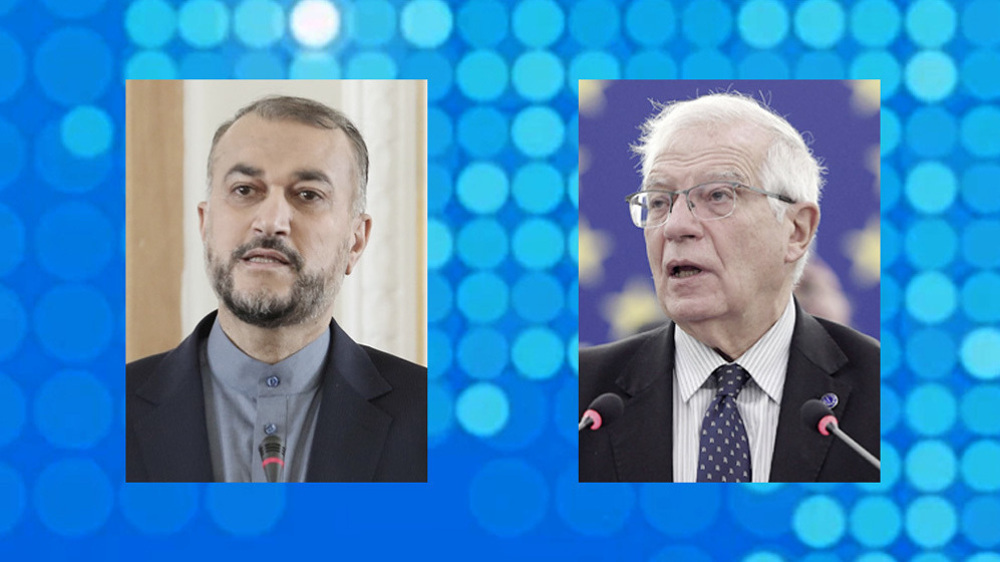




 This makes it easy to access the Press TV website
This makes it easy to access the Press TV website